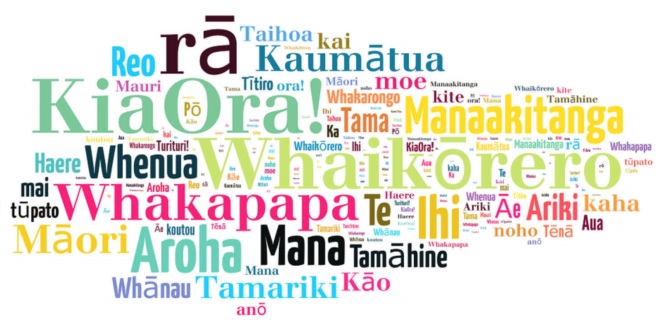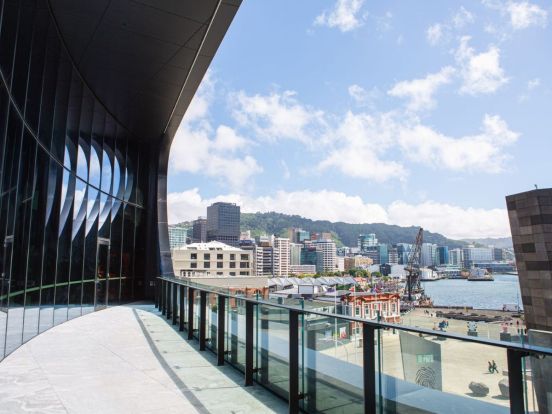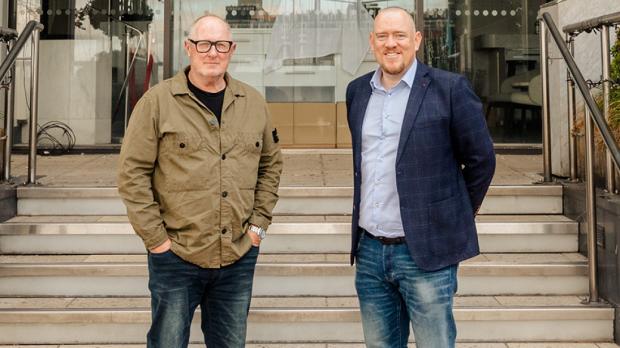Tourism Industry Aotearoa’s staff and board have made a formal commitment to establishing cultural competency in Māori tikanga, embarking on a journey to weave Te Ao Māori into the way it goes about its business and engages with the tourism industry.
The statement of commitment was written with TIA Board director and General Manager of Whale Watch Kaikoura Kauahi Ngapora. An engagement and competency plan has also been established to incorporate Māori culture into the organisation and industry in a respectful way that shows leadership in the industry.
“As the peak industry body for tourism in New Zealand we recognise that Māori culture is not only our unique point of difference in this world, but an integral part of what sets us apart as New Zealanders,” says TIA Chief Executive Chris Roberts.
“We must show leadership by our actions and acknowledge the important role Māori culture plays now and in the future for the New Zealand tourism industry.”
The engagement plan outlines short term initiatives, such as supporting TIA staff and board members in learning karakia, waiata and their introductory mihi, introducing te reo in the signage of TIA’s office, and ensuring correct use of macrons in all TIA-produced material.
Longer term goals on TIA’s competency journey include organising an annual wānanga for the team on a marae to learn about Mātauranga Māori, tikanga, language and stories of the area.
TIA will also look into appointing a cultural advisor to suitably support the Board, CEO and team with their journey, develop a cultural strategy and support engagement with Māori.
“TIA recognises that the statement of commitment is just one step of a journey towards establishing conscious competency, which will take time to realise. We want to establish genuine commitment to Te Ao Māori and create long-term change in our organisation, rather than just ticking a box,” says Mr Roberts.
TIA changed its name from Tourism Industry Association New Zealand to Tourism Industry Aotearoa in May 2016, to better reflect and acknowledge the importance of Māori culture in New Zealand and the tourism industry.
TIA’s Tourism Sustainability Commitment embraces the three values of manaakitanga (showing great hospitality and generosity to visitors), kaitiakitanga (guarding and protecting our natural and cultural resources) and whanaungatanga (a relationship through shared experiences and working together to provide a sense of belonging) which have been widely adopted as guiding principles within the industry.
“We don’t have words in English that are as good as these three words in terms of describing the tourism industry’s aims,” says Mr Roberts.








